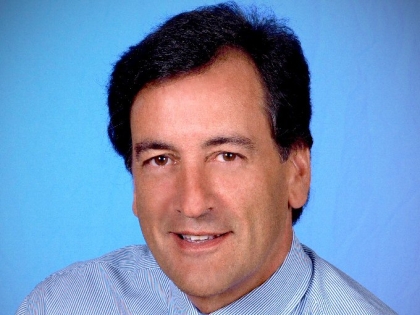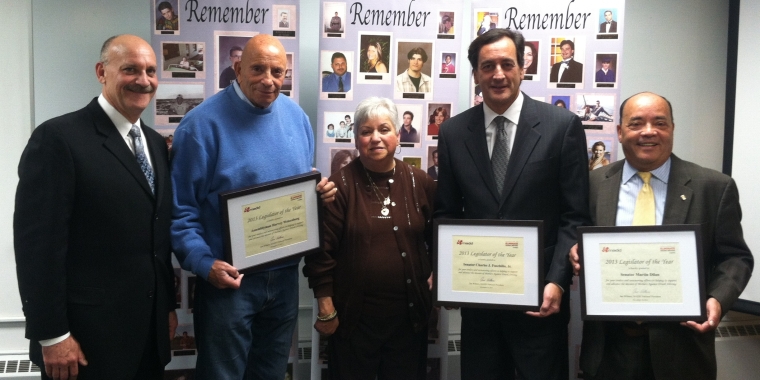
Governor Signs Fuschillo Bill Closing Loophole in State’s Dwi Laws
Charles J. Fuschillo Jr.
July 12, 2010
-
ISSUE:
- Drunk Driving
New Law Prevents Drunk Drivers from Using Legal Technicality to Escape Justice
New York State Senator Charles J. Fuschillo, Jr. (R-Merrick) today announced that legislation he sponsored to close a loophole in the state’s DWI laws which allowed many drunk drivers to escape justice, even if they killed innocent people, has been signed into law by Governor David Paterson.
The law eliminates an unnecessary restriction which forbid certain trained medical personnel, such as advanced emergency medical technicians, from withdrawing blood to determine alcohol or drug content without having a physician present. Drunk drivers have used this technicality in the law to have their blood evidence thrown out and escape prosecution.
“This law closes a legal loophole which drunk drivers have used to escape prosecution, even when they kill someone. This is a commonsense measure which gives law enforcement another tool to bring drunk drivers to justice. I thank Governor Paterson for signing this legislation and being a strong partner in the fight against drunk driving,” said Senator Charles J. Fuschillo, Jr. (R-Merrick), who sponsored the legislation along with Assemblyman Harvey Weisenberg (D-Long Beach).
The new law:
* Expands the list of personnel who are allowed to withdraw blood without supervision if directed by a police officer. Previously, only physicians, registered professional nurses, and registered physician assistants were permitted to withdraw blood from an intoxicated driver without supervision. That authority is now extended to certified nurse practitioners and advanced emergency medical technicians.
* Allows other medical personnel who are trained to draw blood, such as clinical laboratory technicians/technologists, phlebotomists, and medical laboratory technicians/technologists, to withdraw blood at the request of a police officer, as long as they are under the supervision & direction of a physician, registered physician assistant, certified nurse practitioner or receive the consent of the adult from whom the blood is being drawn.
The case surrounding the death of Jack Shea, the patriarch of a three-generation Olympic family who won his gold medals in speed skating in the 1932 Olympic Games, is one of the more well-known examples of how a drunk driver escaped justice through this legal loophole.
Jack Shea, after whom the law is named, was killed on January 23, 2002 in a collision with the drunk driver near his home in Lake Placid. No doctor was on duty at the small regional clinic where both Shea and the drunk driver were brought for treatment after the crash. The physician’s assistant and the registered nurse on duty treated Shea, the more severely injured of the two, and an advanced emergency medical technician drew the driver’s blood at the request of a police officer. The drunk driver consented, and his level showed a .15 BAC.
Because there was no doctor present and the severity of Mr. Shea's injury kept the physician’s assistant and registered nurse from withdrawing the blood, ultimately, the district attorney was not able to use the blood as evidence and the charges against the driver were dismissed. The district attorney appealed the ruling but the Appellate Court felt compelled to uphold the suppression of evidence due to current law. The Appellate Judge, however, called on the Legislature to amend the statute to remedy what they saw as an unnecessary restriction in the law.
The new law is already in effect.
# # #
Share this Article or Press Release
Newsroom
Go to NewsroomSenator Fuschillo Named “2013 Legislative Champion” by Madd New York
November 21, 2013

Senator Fuschillo Announces Tax Reform Proposals
November 20, 2013
